The book, ‘Essays in National Idealism’ in the words of the author himself, represents "an endeavour towards an explanation of true significance of the national movement in India." In fact, it marks a stage of development of Coomaraswamy’s own thought reflecting perhaps the quest for his own identity. In his view, the Indian National Movement had its base in an idealistic movement, for it represented a struggle for spiritual and mental freedom from the domination of an alien ideal. As early as 1909 Coomaraswamy strived for ideal type of national education to be imparted by purely Indian institutions wherein in addition to other subjects, the study of life should be a must. According to him no regeneration of Indian people would be meaningful unless there is similar expression in Indian art, as the causes for the degeneration of Indian art and factors preventing its revival are identical with those that prevent the recovery of India’s political efficiency. In fifteen Chapters of the book, Coomaraswamy discusses a number of subjects like nationalism, various aspects of national struggle, Indian nationality, aims and methods of Indian art, art and yoga, Western impact of Indian art, education in India, Swadeshi, Indian music and education, and a variety of other interesting subjects. It has to serve two-fold purpose: to inspire and guide the Indians towards their desired goal and to remove the wrong notions of Westerners. He aimed at building a free India with close ties with the rest of the world. The book is meaningful for it has a message even for India of today. Besides its theme has a historical value for the study of assessment of Indian struggle for freedom in pre-Gandhi-Nehru epoch.
Hinduism and Buddhism
$13.50
$15.00

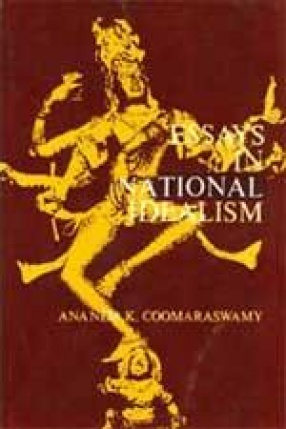
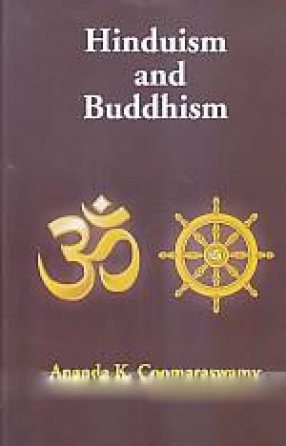
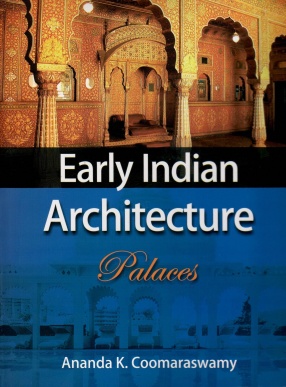
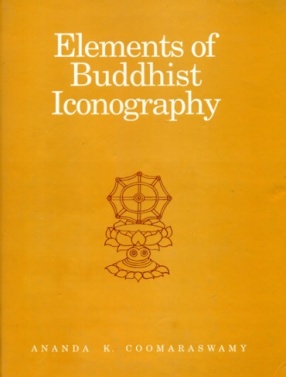
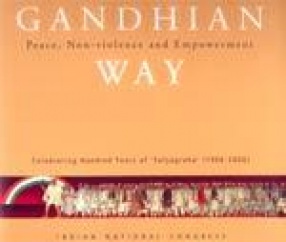

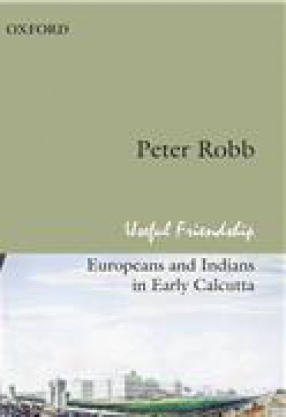
There are no reviews yet.